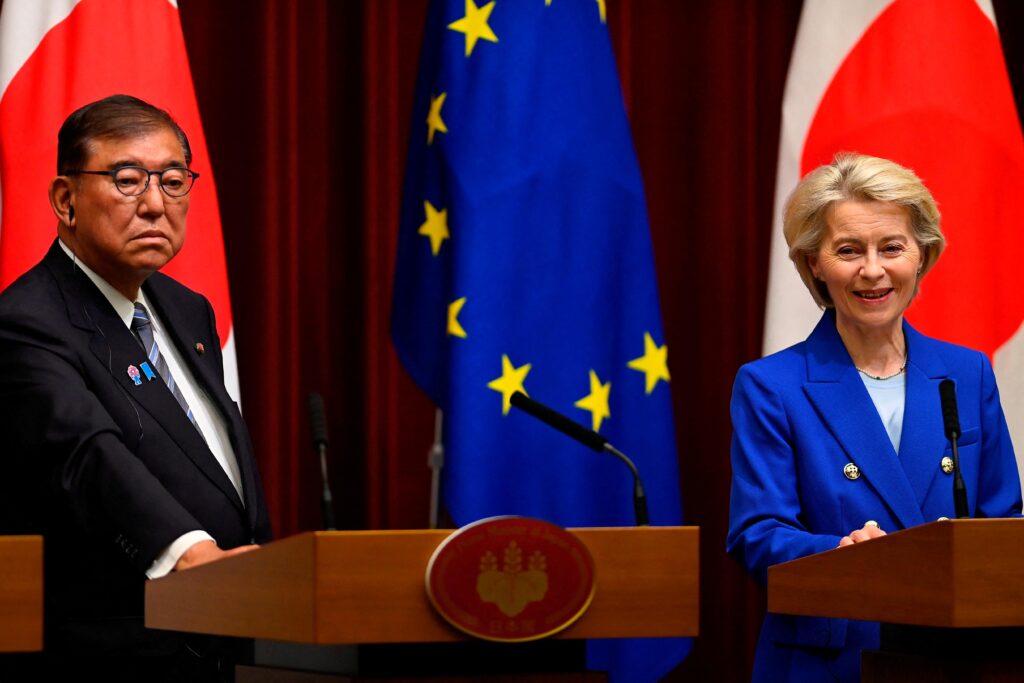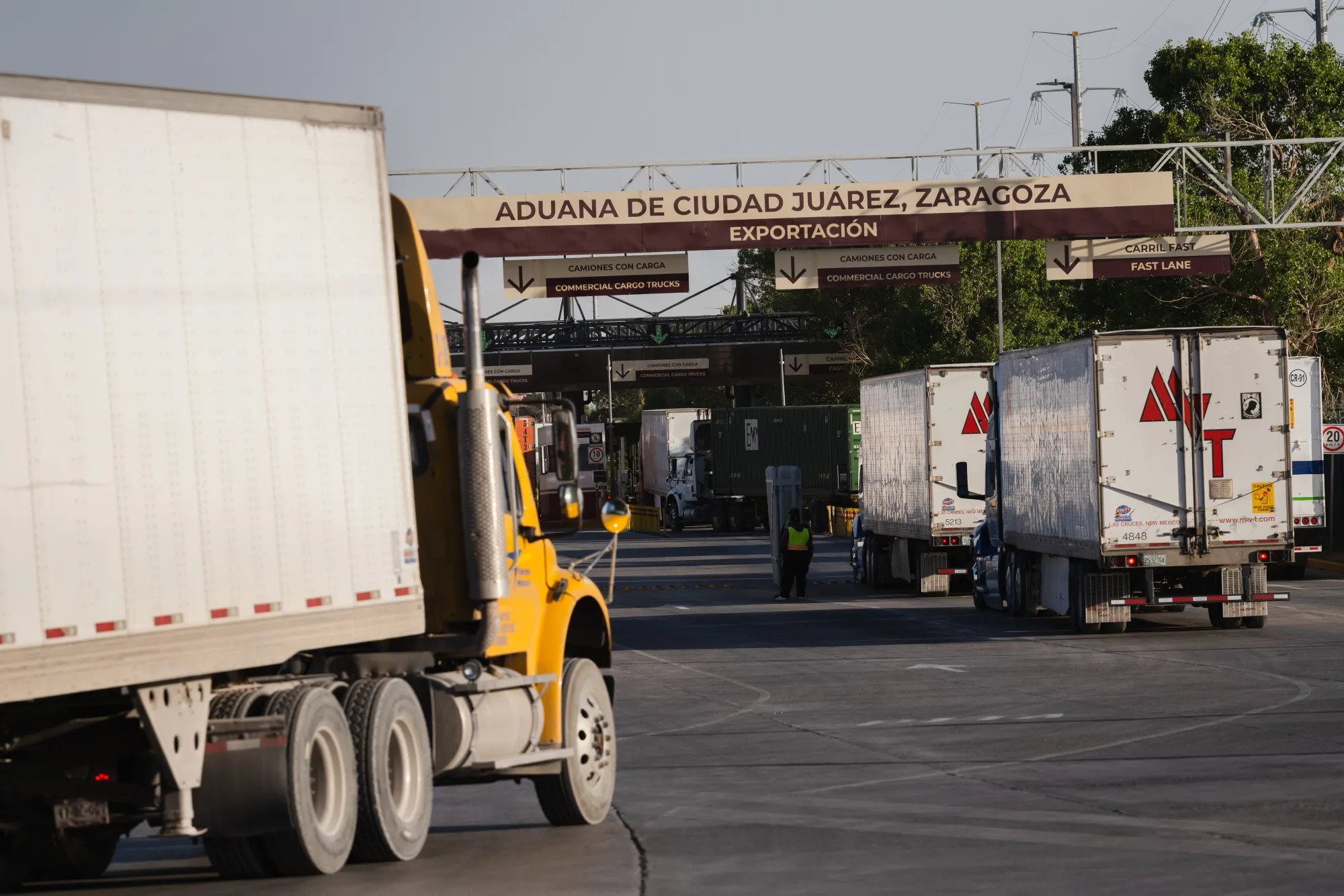Trade Wars Aren’t Over: Former Trump Commerce Secretary Warns EU and Japan Deals Won’t Prevent Conflict with China

Despite recent progress in trade negotiations with the European Union and Japan, the specter of a renewed trade war with China continues to loom large, according to former U.S. Commerce Secretary Wilbur Ross. Speaking at a recent economic forum, Ross cautioned that while agreements with key allies mark positive developments, they should not create a false sense of security about the overall global trade environment.
Positive Signs, But Underlying Tensions Persist
Over the past year, the U.S. has successfully finalized trade agreements that aim to reduce tariffs, streamline customs procedures, and bolster cooperation with the EU and Japan. These deals have been heralded as significant achievements that could strengthen transatlantic and transpacific economic ties, stabilizing supply chains and fostering growth.
However, Ross emphasized that these victories do not resolve the more complex and contentious issues with China, which remain at the heart of U.S. trade policy concerns. “The trade friction with China is not just about tariffs; it involves intellectual property theft, forced technology transfers, market access restrictions, and strategic competition,” Ross stated.
China Remains a Strategic Rival
The former Commerce Secretary pointed out that China’s economic rise and its assertive global policies challenge the United States’ position on multiple fronts, from technology dominance to geopolitical influence. He warned that Beijing’s approach to trade and economic policy is unlikely to align with U.S. expectations anytime soon, keeping the door open for potential escalations.
“The agreements with Europe and Japan are important partnerships, but they don’t change the fundamental challenges posed by China’s trade practices,” Ross noted. “It would be naive to believe that these deals alone will prevent future conflicts.”
Preparing for a Possible Trade War
Ross urged businesses, policymakers, and investors to remain vigilant and proactive in managing risks associated with China’s economic policies. He advocated for continued investment in supply chain diversification, strengthening domestic manufacturing, and maintaining strategic trade enforcement tools.
“Trade wars are not a thing of the past,” he warned. “We must be prepared for a possible resurgence of tariffs, sanctions, or other trade measures as part of a broader geopolitical contest.”
Implications for Global Markets
Markets have been cautious amid fluctuating U.S.-China relations, with investors closely monitoring tariff developments and diplomatic signals. Ross’s remarks add to growing calls for a balanced approach that safeguards national interests while seeking constructive engagement.
Economic analysts suggest that while agreements with the EU and Japan create important buffers, the complexity of China’s role in the global economy means that uncertainties will persist. The interplay between competition and cooperation will likely shape trade policy for years to come.
Conclusion
Former Commerce Secretary Wilbur Ross’s warning serves as a timely reminder that trade diplomacy is an ongoing challenge, not a one-time achievement. The U.S. government and private sector must continue to navigate a complex landscape where alliances with traditional partners coexist with rivalry and tension with China. Preparing for multiple scenarios, including a potential trade war, will be critical to maintaining economic resilience in an uncertain era.
















